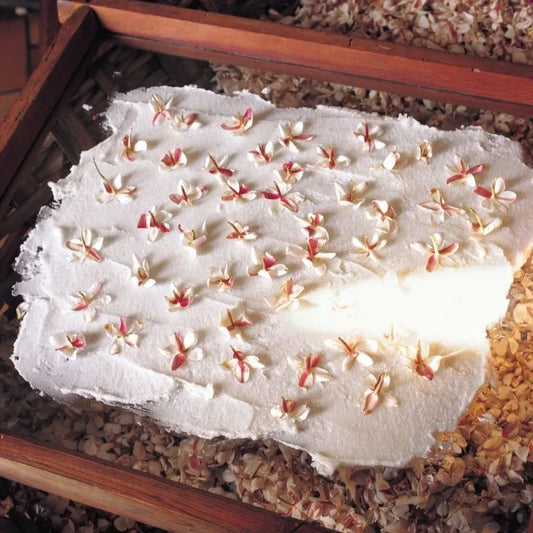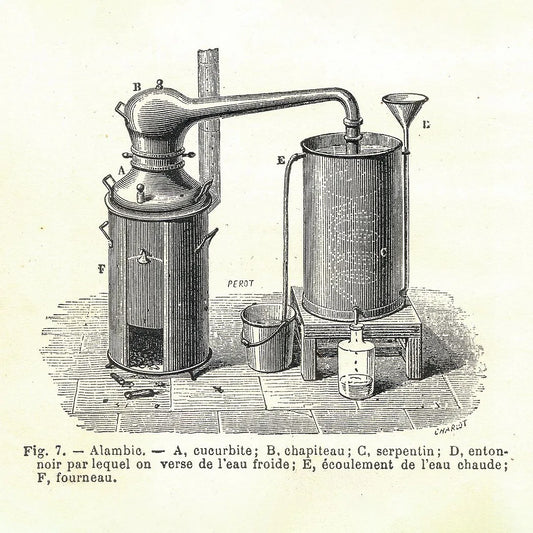Companies that sell essential oils tout a wide range of ills that these substances can affect, though most of these claims have not been tested using the scientific method. A basic online search reveals anecdotes, declarations, and wild assertions that essential oils can cure anything from a headache to a compromised immune system. Some users insist that essential oils cured their cancer, epilepsy, and even COVID-19. Whatever ailment you wish to correct, someone online will be happy to tell you that you can do it with a magical combination of essential oils.
These claims do not have much of a basis in science at this time, though essential oils have gained considerable attention from the clinical community in the past decade. A report to the U.S. Veterans Health Administration (VHA; Freeman et al., 2019) examined 26 systematic reviews of aromatherapy and essential oils for a wide range of health conditions. This exploration resulted in “moderate-confidence evidence” that aromatherapy may benefit women who experience menstrual pain or painful contractions during childbirth. The report goes on to indicate that essential oils may be useful in reducing blood pressure, alleviating stress and anxiety, lifting mood, and aiding sleep quality, with “low to moderate confidence in the evidence.” For all other conditions, however, the report concludes that “there is insufficient evidence of efficacy.”
Indeed, a randomized, double-blind study conducted by (Ou et al. 2012) used massage with a blend of lavender, clary sage, and marjoram essential oils to reduce the pain of menstrual cramps and found that the group that received the aromatic massage reported a shorter pain duration, from 2.4 days to 1.8 days. Another study (Bahr et al., 2018) used massage with doTerra’s Deep Blue essential oil blend and the company’s Copaiba oil to relieve the pain and stiffness of rheumatoid arthritis in patients’ hands and found that participants who received the essential oil massage could complete tasks requiring dexterity 50 percent faster than those who received the placebo. The people whose massage contained the oils also experienced “increased finger strength, and significantly increased angle of maximum flexion compared to subjects treated with coconut oil,” the study concluded.
A lengthy review of a wide range of essential oils for their individual constituents’ effect on pain receptors, published in the journal Molecules (Sarmento-Neto et al., 2016), determined that a number of these oils contain specific chemicals that reduced pain in laboratory rats or mice. The results suggested that some of these constituents could be harvested from the essential oils for use in new pharmaceuticals, some of which might eventually replace opioids and other addictive drugs currently used to treat pain. Oils in specific combinations seemed more effective than individual oils on their own, the researchers noted. “Data from this review show the potential of essential oils like low cost analgesic drugs for new treatments for pain,” they concluded. “However, there are few reports of toxicity to confirm therapeutic safety and to carry out clinical trials.”
A study published in the Journal of Clinical Gastroenterology (Khanna, MacDonald, and Levesque, 2014) assessed randomized, placebo-controlled trials involving a total of 726 patients to test the use of peppermint oil for IBS, a condition with few medical treatment options. The review discovered that peppermint oil was superior to a placebo for treating the symptoms of IBS, although it did cause some heartburn in many patients. “Peppermint oil is a safe and effective short-term treatment for IBS,” the researchers concluded. “Future studies should assess the long-term efficacy and safety of peppermint oil and its efficacy relative to other IBS treatments including antidepressants and antispasmodic drugs.”
So essential oils may turn out to be effective against many medical issues, if enough funding emerges to pay for studies that can reach conclusions with clinical trials. For every study that suggests that essential oils may have therapeutic value, however, there are many claims with no scientific basis at all. Websites that claim that “[e]ssential oils cure everything!” rarely have a basis in fact, especially if they are written by people with no medical background.
One of the most potentially damaging claims online is that some combination of essential oils might guard against or even cure COVID-19. These claims are not based in science. No studies have shown that essential oils have an effect against this coronavirus or its variants—the few literature reviews completed by medical researchers have simply suggested that some essential oils might have a limited effect on symptoms. To date, no studies have proceeded past the laboratory (phase I) stage—there have been no studies with lab animals and none involving clinical trials with humans. Do not be misled by claims that essential oils will protect you against this potentially deadly virus.





